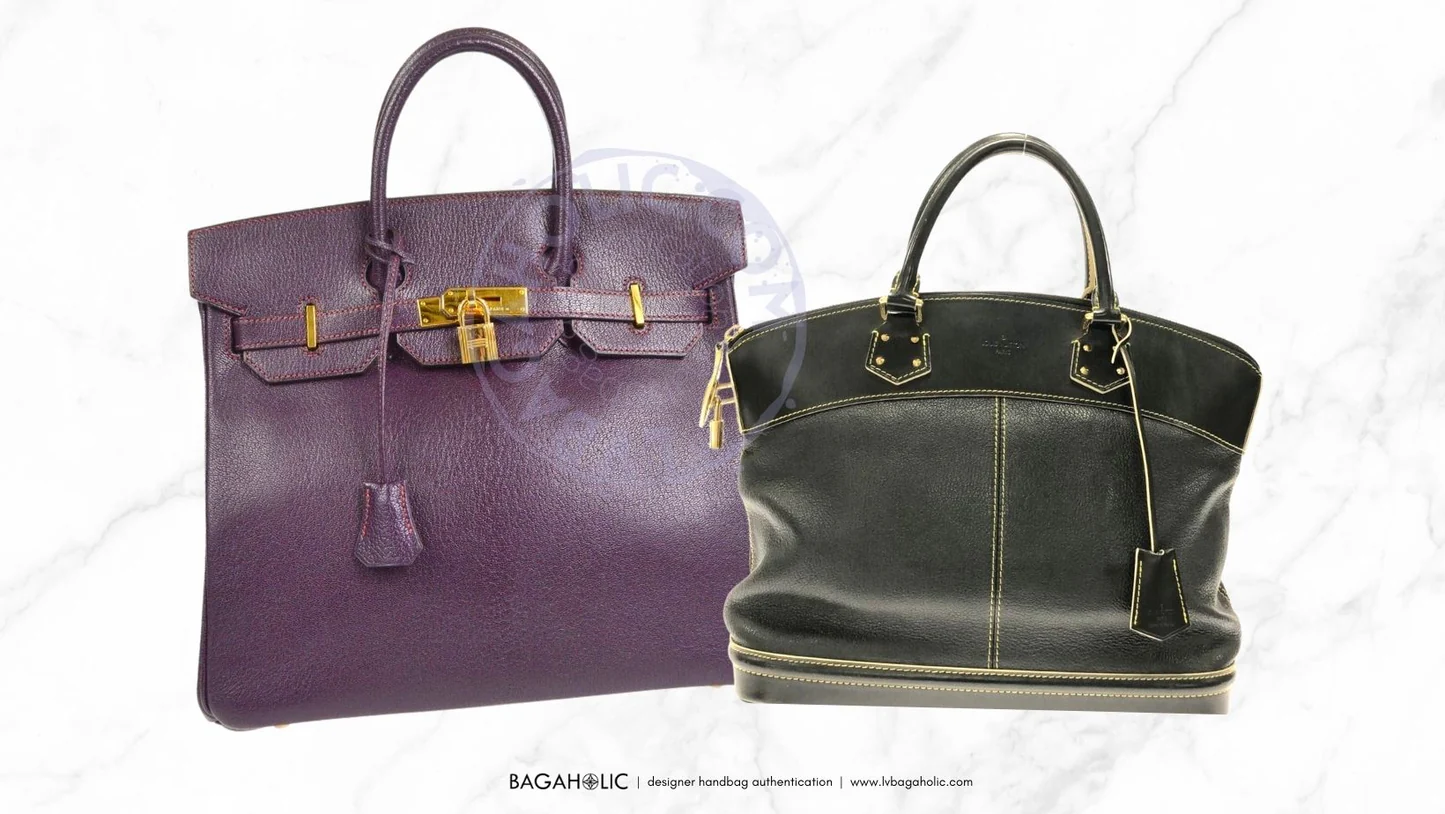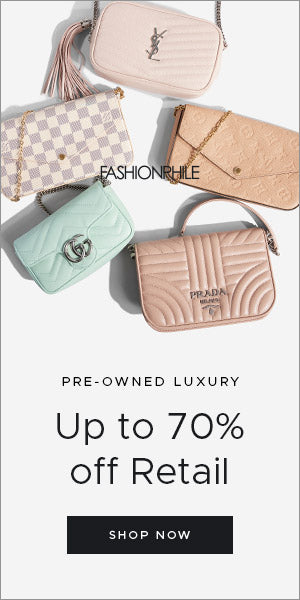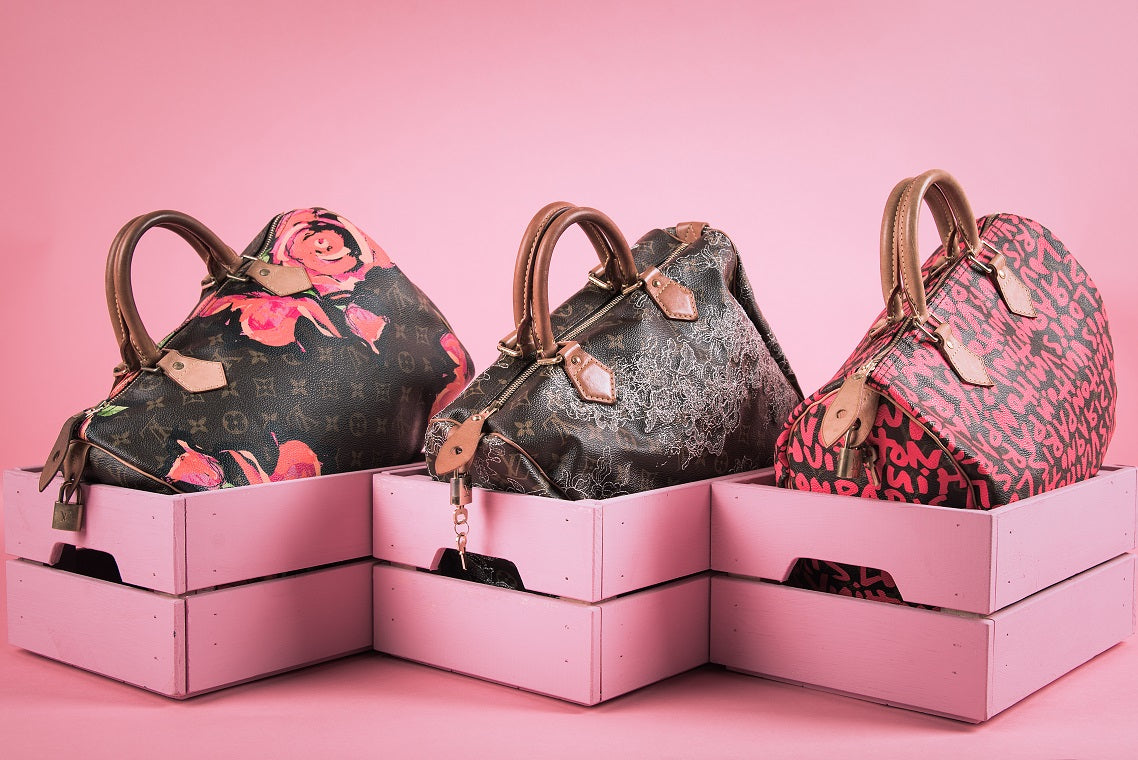
In the fashion industry, leather is renowned for its durability, versatility, and timeless appeal. While cowhide leather is the most commonly used type, another option that has been gaining popularity is goat leather. In this article, we will cover goatskin qualities, compare it to cow leather, and explore which top luxury bag brands are embracing this unique material.
Is Goat Leather Good?

Goat leather, also known as caprine leather, is a type of leather that is derived from the hide of goats. It is highly valued in fashion for its durability, softness, and unique grain patterns.
Goatskin has been used for centuries in various cultures for the production of clothing, footwear, accessories, and upholstery. It was first introduced in the Middle East and Morocco, where goats were domesticated primarily for their milk and meat. The hides of these goats were then utilized for leather goods. Goat leather is sometimes referred to as "Morocco Leather" due to its association with the region.
Goat Leather Characteristics
Goat leather possesses several distinctive characteristics that make it desirable in various industries.
Durable
Firstly, it is known for its durability and strength, which makes it suitable for products that require long-lasting wear.
Despite its soft and lightweight nature, goat leather is surprisingly durable. The tightly packed collagen fibers in goat hides contribute to its strength and resilience, ensuring that products made from goat leather last longer.
Lightweight
Despite its robust nature, goatskin remains relatively lightweight, allowing for comfortable use in garments and accessories.
Soft
Another notable characteristic of goat leather is its softness. It has a smooth texture that is pleasing to the touch, making it a popular choice for high-quality gloves, jackets, and bags. The softness of goat leather enhances its drape and flexibility, enabling it to mold easily to the shape of the wearer or the desired design.
Goat leather possesses a natural suppleness that makes it incredibly comfortable to wear. It conforms to the body, providing a superior fit and allowing for ease of movement. Its softness exudes luxury and sophistication.
Flexible
One of the standout qualities of goat leather is its remarkable flexibility. It bends and stretches easily, making it a preferred choice for intricate designs and smaller fashion accessories, such as gloves, bags, and shoes.
Grained
Grain patterns are yet another appealing aspect of goat leather. Its grain is typically fine, with a subtle pebbled appearance, which adds visual interest and a touch of uniqueness to finished products. The grain patterns can vary depending on the breed of goat, the region where the goats are raised, and the tanning process applied.
Sustainable
Goat leather is a sustainable and environmentally friendly choice compared to synthetic materials. Goat hides are a byproduct of the meat and dairy industry, ensuring that the entire animal is utilized and reducing waste.
Goat Leather vs. Cow Leather: What's the Difference?

Goat leather and cow leather are two popular types of leather derived from different animal sources, namely goats and cows. While both types of leather share some similarities, there are distinct differences in their characteristics, uses, and production processes. Here is a goat leather vs cow leather comparison.
| Goat leather | Cow leather | |
| Texture | smooth, fine | coarse |
| softer, supple | thick, robust | |
| Durability | finer | more durable |
| Price | more expensive | less expensive |
| Pattern | grained | smooth |
| Production | less tanning time | more tanning time |
| Weight | lightweight | heavier |
| Uses | jackets, skirts, pants, and gloves | bags, footwear, apparel, upholstery |
Goat leather is significantly softer and more supple than cow leather. This makes it more comfortable to wear and allows for greater ease of movement.
Cow leather is generally more durable than goat leather. It can endure heavy use and resist wear and tear more effectively, making it suitable for high-impact applications such as jackets and accessories.
In addition, goat leather is generally more expensive than cow leather, due to the limited availability of goat hides and the labor-intensive process involved in tanning them.
Designer Bag Brands Embracing Goat Leather
Several fashion brands have recognized and embraced the unique qualities of goat leather in their signature handbags. Here are a few notable examples.
Hermes Chevre Leather

Known for their exquisite craftsmanship, Hermes uses goat leather to create their iconic Birkin and Kelly bags. In the world of Hermes, this leather is known as chevre (French for 'goat'). This leather is grainy and pretty durable. The softness and suppleness of goat leather perfectly complement the elegant designs of these handbags.
Louis Vuitton Suhali leather

In 2008-09, Louis Vuitton released a highly coveted and an exorbitantly priced Suhali collection. It was full made of goat leather. With its grainy texture and enhanced durability, these bags are still in demand.
Gucci garments

Gucci has explored the use of goat leather in garments, accessories, and footwear. The brand values the softness and fine texture of goat leather, which adds a touch of luxury to their products.
Goat Leather Production Process
The production process of goat leather involves several stages
1. Obtaining hides
Initially, the hides are obtained from goats that are primarily reared for their meat, milk, or fiber. The hides are then carefully selected for their quality and sent for tanning.
2. Tanning
Tanning is a crucial step in leather production that involves treating the hides to preserve them and give them the desired characteristics. There are various tanning methods employed, such as vegetable tanning, chrome tanning, or combination tanning. Vegetable tanning is known for its environmentally friendly nature and results in a softer and more natural-looking leather, while chrome tanning offers increased durability and resistance to water.
3. Dying
After the tanning process, the leather is typically treated with dyes, finishes, and coatings to enhance its appearance and functionality. These treatments can range from simple aniline dyes that preserve the natural grain of the leather to more elaborate finishes that provide additional protection and color variations.
Summary
Goat leather is a hidden gem in the world of fashion. Its softer texture, suppleness, and durability make it a favorite choice among luxury brands. While cow leather remains the more durable option, goat leather provides a level of comfort and versatility that sets it apart.
As fashion brands continue to explore new materials, goat leather is gaining recognition for its unique qualities and becoming increasingly prevalent in the fashion industry. So, the next time you indulge in a luxurious leather accessory, consider whether its softness and elegance are courtesy of the humble goat.






